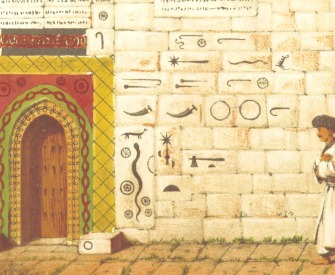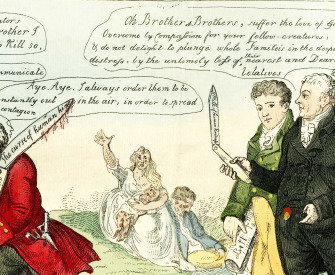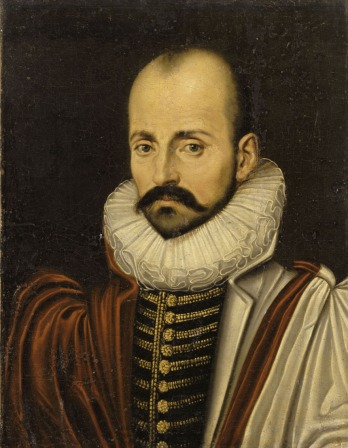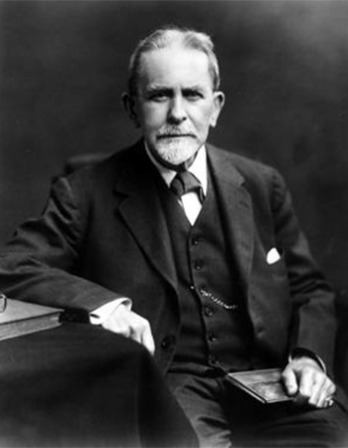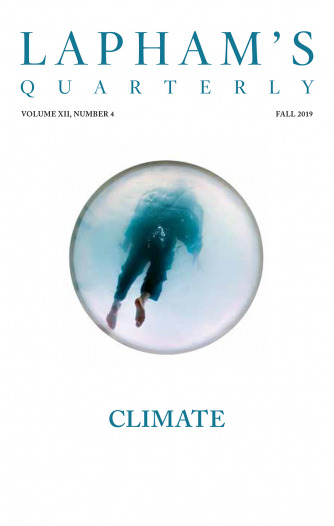For the election of a new pope, the cardinals enter the conclave, which is entrusted to the safekeeping of the king of Naples and six thousand of his soldiers.
The conclave is a close-built place, without anything to divide it, and is set apart to the cardinals for the election of the pope. It must be shut and walled in on all sides, so that apart from a small wicket for entrance, which is afterward closed, it shall remain strongly guarded. And therein is a small window for food to be passed in to the cardinals, at their own cost, which is fitted so as to open or shut as required. The cardinals each have a small cell on different floors for sleep and rest, and three rooms alone in common, the privy, the chapel, and the place of election. After the first three days, while they are there, they have but one dish of meat or fish daily, and after five days thence bread and wine only, until they agree.
Now, the baleful Roman people rose divided into the two parties of Guelphs and Ghibellines, and for the space of three weeks, with slaughter and robbery and murder did they torment each other, either party seeking the creation of a pope on its own side. Yet by reason of the said guard could they not come near the palace of Saint Peter nor to the conclave. And so their partisanship caused the election, as pope, of one who was after the heart of neither side, namely Innocent VII, a native of Sulmona. And when his election was made known, the Romans attacked his palace, and after their greedy fashion, nay rather from festering corruptness, they sacked it, leaving not so much as the bars of the windows.
From his Chronicle. Born in Wales, Adam studied law at Oxford University before entering the service of Henry IV in 1399. Within a year of beginning this chronicle, he traveled to Rome, where he was named chaplain to Boniface IX and his successor, Innocent VII. A promotion that would have brought him back to England as a bishop was stymied, he writes, referring to himself in the third person, “through the envy of the English, who resisted this and slandered him with poisonous letters to the king, from which he suffered great misfortunes by land and sea for four years.”
Back to Issue
